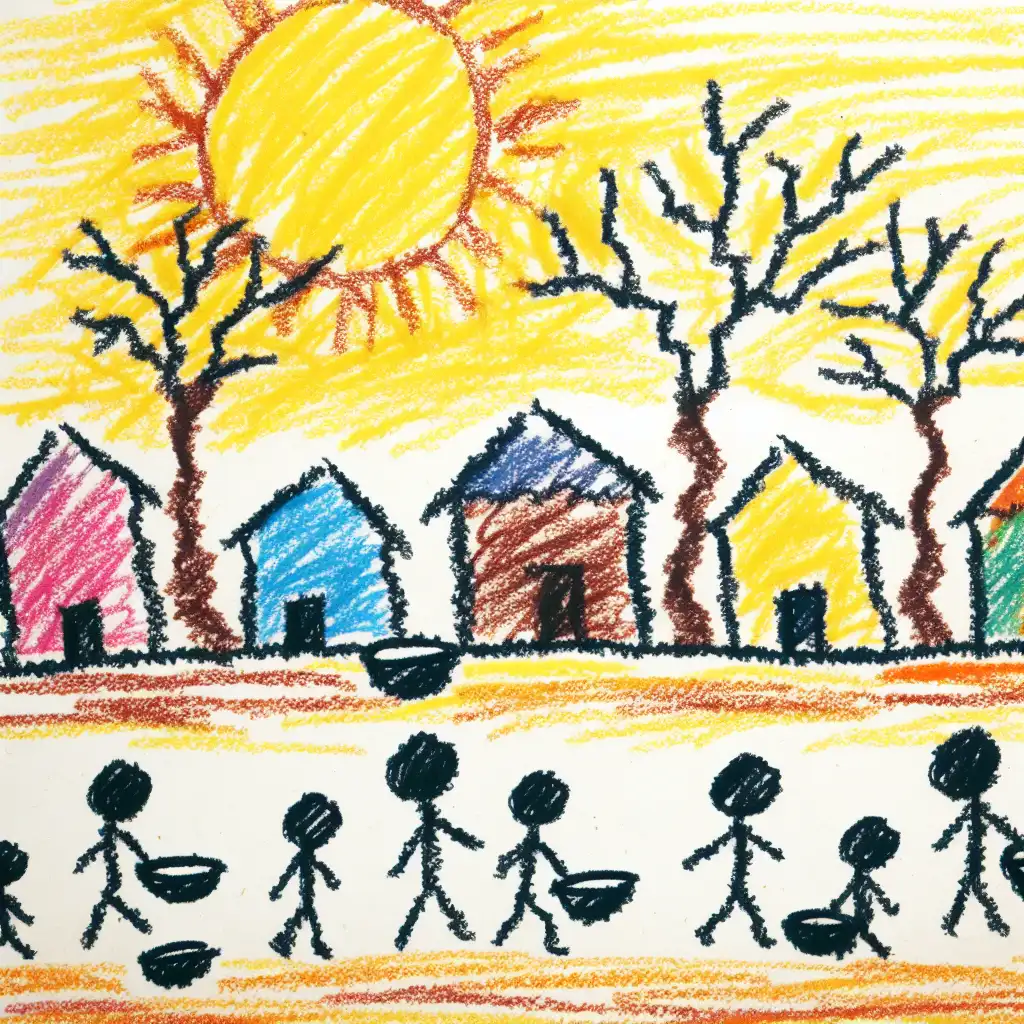Gaza’s famine is now official. What does that change?

Explain Like I'm 5
Imagine you have a cookie jar, but someone puts a lock on it and you can't get any cookies when you're hungry. Now, think about a place called Gaza, where many people live. They need food like you need cookies, but it's very hard for them to get enough because there are rules that make it difficult for food to get in. Recently, a group of people who watch over food in the world said, "Yes, there really is a big problem, they don’t have enough food." This is like someone saying, "Yes, the cookie jar is definitely locked, and they can't get cookies." Now that everyone knows the jar is locked, more people might try to help find the key.
Explain Like I'm 10
In Gaza, a place where lots of people live, there’s a serious problem – they don’t have enough food. This has been happening for a while because there are strict rules about what can go in and out of Gaza, mainly set by Israel, a neighboring country. These rules are because of very complicated disagreements and fights that have been going on for a long time. Recently, a big organization called the Integrated Food Security Phase Classification (IPC), which is like a team of food detectives from around the world, officially said that what’s happening in Gaza is a famine. That means the food situation is really, really bad. By declaring it a famine, they're hoping that countries and groups from around the world will see how serious it is and help out more, either by sending food or by finding ways to make the rules less strict so food can get in easier.
Explain Like I'm 15
Gaza, a densely populated region, is currently experiencing an officially declared famine. This declaration comes from the Integrated Food Security Phase Classification (IPC), a global authority that includes various humanitarian groups and UN agencies. The famine is largely due to Israel's blockade and periodic military actions, which significantly restrict the flow of goods and services into Gaza. This blockade has been in place for years and is part of a broader conflict between Israel and Palestinian groups, primarily Hamas, which controls Gaza.
The IPC's declaration of famine is significant because it highlights the severity of the crisis to the international community, potentially spurring more concentrated relief efforts and political pressure to alleviate the blockade. Historically, such declarations have led to increased humanitarian aid and sometimes, though not always, policy shifts. The broader implications here involve international relations and the complex geopolitics of the Middle East, including how countries around the world react to humanitarian crises and the pressures they place on involved parties to change their policies.
In the coming months, it will be crucial to see how international actors respond to this crisis. Will countries increase aid, will there be talks to ease restrictions, or will the situation remain stagnant? The responses from global powers and neighboring countries could shape the future of Gaza’s food security crisis and potentially impact broader regional stability.
Want to read the original story?
View Original Source